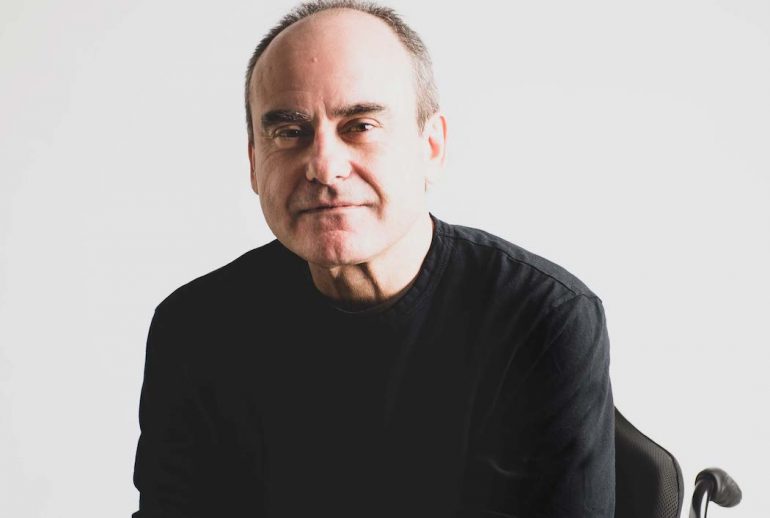Notable Canadian investor John Ruffolo has pulled the curtain off his new venture, Maverix Private Equity, a private equity (PE) fund with a target size of $500 million USD.
The fund is nearing its first close, which is expected to take place in the coming weeks. In an interview, Ruffolo said Maverix has closed a “substantial chunk” of its target, though did not disclose exact numbers.
“My test is, could I help build or be a part of another 10 Shopifys? That is really the output or end result that I’m hopeful for.”
Maverix is a slight departure from Ruffolo’s venture investments history, which includes early investments in Shopify, Hootsuite, Wave, and Wattpad, among others. Rather than tech companies and startups, the PE firm is focusing on what Ruffolo called “traditional businesses” of around $100 million revenue in size, in the areas of healthcare, financial services, transportation and logistics, and retail.
While Maverix will be making PE investments, it will still utilize Ruffolo’s tech background. The firm’s thesis, according to Ruffolo, centres on businesses that are using technology, like artificial intelligence, and embedding that in their businesses in order to be “bigger, stronger, [and] faster than their competitors.”
Maverix’s investors include two major (yet to be disclosed) Canadian pension funds, two large Canadian banks, Bank of Montreal and CIBC, as well as Mattamy Asset Management. The firm’s notable advisors have also invested in Maverix, including Arlene Dickinson, Jim Balsillie, John Bitove, and Peter Gilgan.
The firm will invest in companies based in Canada and the United States, with a strong focus on building the Canadian ecosystem. Ruffolo, who noted Maverix has yet to make any investments but has a number in the pipeline, said the firm’s focus “at the beginning” will be on Canada.
“I would love to show folks how many incredible entrepreneurs there are in this country,” he said. “I was there for Shopify, and my test is, could I help build or be a part of another 10 Shopifys? That is really the output or end result that I’m hopeful for.”
RELATED: OMERS Ventures founder John Ruffolo paralyzed following biking accident
The idea behind Maverix started when Ruffolo was at OMERS, where he founded OMERS Ventures in 2011. He began building out the thesis for Maverix in 2016 when he noticed a gap in the investing ecosystem between late-stage venture investments and buyout-focused private-equity funds. This, he said, led him to help build OMERS Growth Equity. Realizing that fund was going to be focused on late-stage tech companies and feeling that space was already over-supplied with capital, he decided to depart OMERS and launch his own firm.
“I wanted to move into this private equity space, but we have an OMERS Private Equity that’s already pre-existing. And I realized it was going to be much more difficult to sandwich it in,” said Ruffolo. “I was there already for eight years and I really thought this opportunity is going to be so huge that, I’ve spent my time, I had a great, great run [at OMERS], but I really had been anxious to build my own firm and I believe that this thesis is going to be a winning thesis so what a great way to start off your new firm.”
Ruffolo has been building out with a team that now sits at around 12 employees. The firm will have three managing partners, Ruffolo, Mark Maybank, and one who has yet to be announced. Its partners also include Nagar Rahmani, formerly of Kensington Partners.
Maverix has faced significant delays in its run-up to launch, including COVID-19 and Ruffolo’s near-fatal cycling accident in September, which left the investor paralyzed from the waist down. Neither setback has stopped Ruffolo and the Maverix team. As The Globe and Mail reports, investors were not dissuaded by Ruffolo’s accident, with one even offering to double their commitment.
The fund is the first of what Ruffolo hopes will be many more to come for Maverix. For its first fund, Maverix plans to make a couple of deals a year, investing between $20 million to more than $100 million USD. The firm is pursuing deals for a significant minority position of 20 to 40 percent.
Image courtesy Maverix Private Equity


